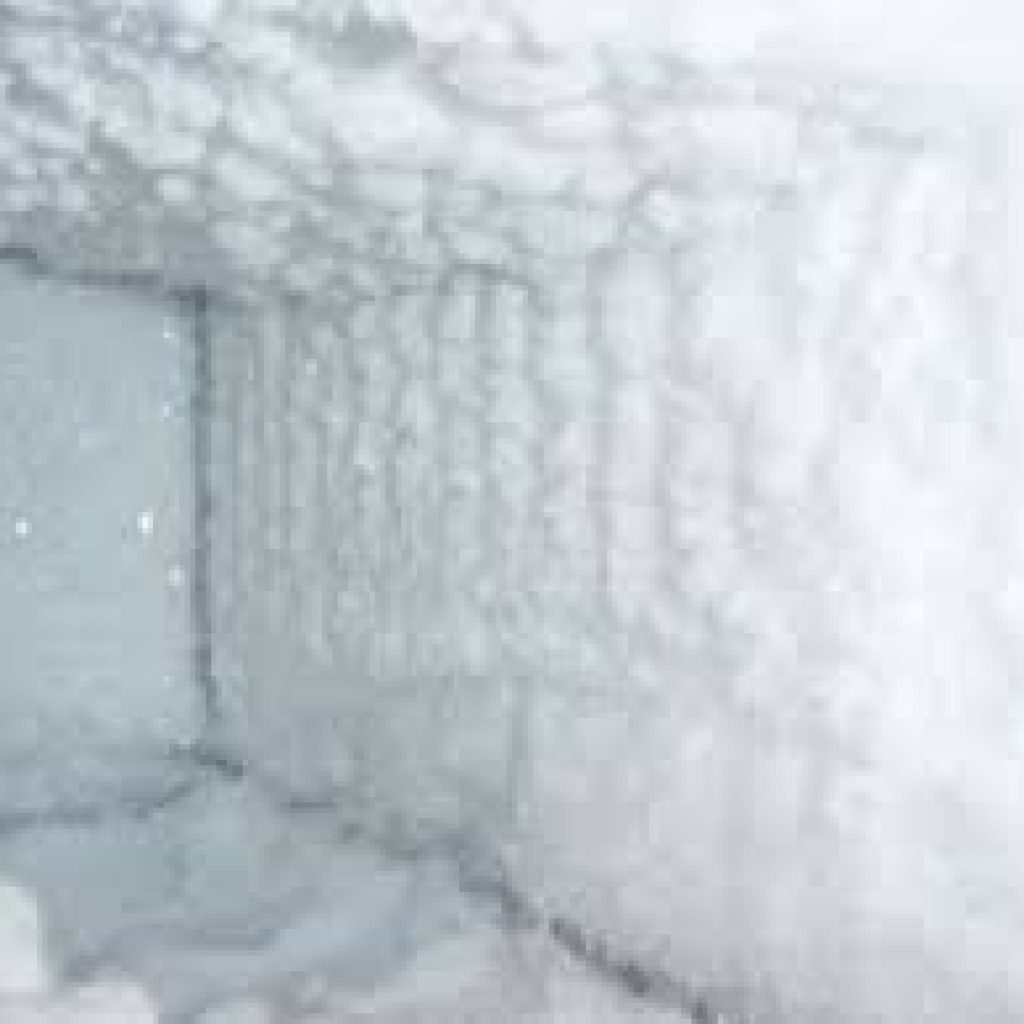Our freezers are silent guardians in the kitchen, tirelessly keeping our food frozen and safe. But like any appliance, they can encounter problems that compromise their ability to function effectively, necessitating freezer repair. Ignoring these issues can lead to spoiled food, higher energy bills, and even more significant repair costs down the road.
Knowing the signs that your freezer needs repair can help you address problems early on and ensure your food stays frozen and fresh. Here are some key red flags to watch for:
Frost Buildup: Recognizing Excessive Frost as a Red Flag

A light layer of frost inside your freezer is normal but excessive frost buildup can be a sign of trouble. Here’s what to look for:
- Frosted Over Coils: The evaporator coils in your freezer are responsible for extracting heat from the interior. If they become excessively frosted, it can significantly impact the freezer’s ability to maintain proper temperature. This can be caused by a faulty defrost timer, a malfunctioning defrost heater, or a problem with the door seal.
- Frosted Food Packaging: If your frozen food packages are becoming frosted over, it indicates the freezer isn’t maintaining a consistently cold temperature. This can lead to freezer burn and potentially compromise the safety of your food.
Faulty Seals and Gaskets: How Leaks Can Signal the Need for Freezer Repair
The door seal on your freezer creates an airtight barrier that keeps cold air inside and warm air outside. When this seal becomes worn, cracked, or damaged, it can lead to several problems, prompting the need for freezer repair:
- Temperature Fluctuations: A faulty seal allows warm air to leak into the freezer, causing the temperature to fluctuate. This can lead to inconsistent freezing and potential food spoilage.
- Increased Energy Bills: Your freezer has to work harder to maintain a constant temperature if the seal is compromised. This results in higher energy consumption and increased electricity bills.
- Moisture Buildup: Warm air entering the freezer can cause condensation, leading to moisture buildup inside the unit. This can create a breeding ground for mold and mildew, posing a health risk and potentially damaging your frozen food.
- Unusual Noises: Loud banging, grinding, or screeching noises can indicate problems with the compressor, fan, or other internal components.
- Improper Freezing: If your food isn’t freezing properly, even after a long period of time, it could be due to a faulty temperature control system or a malfunctioning compressor.
- Visible Damage: Physical damage to the freezer, such as dents or cracks on the door, could also impact its ability to function properly.
If you notice any of these warning signs, don’t hesitate to call a qualified appliance repair technician. Early intervention can save you money in the long run and prevent the loss of valuable frozen food. A professional can diagnose the problem accurately and recommend the most appropriate freezer repair solution to get your freezer back in top working order.

